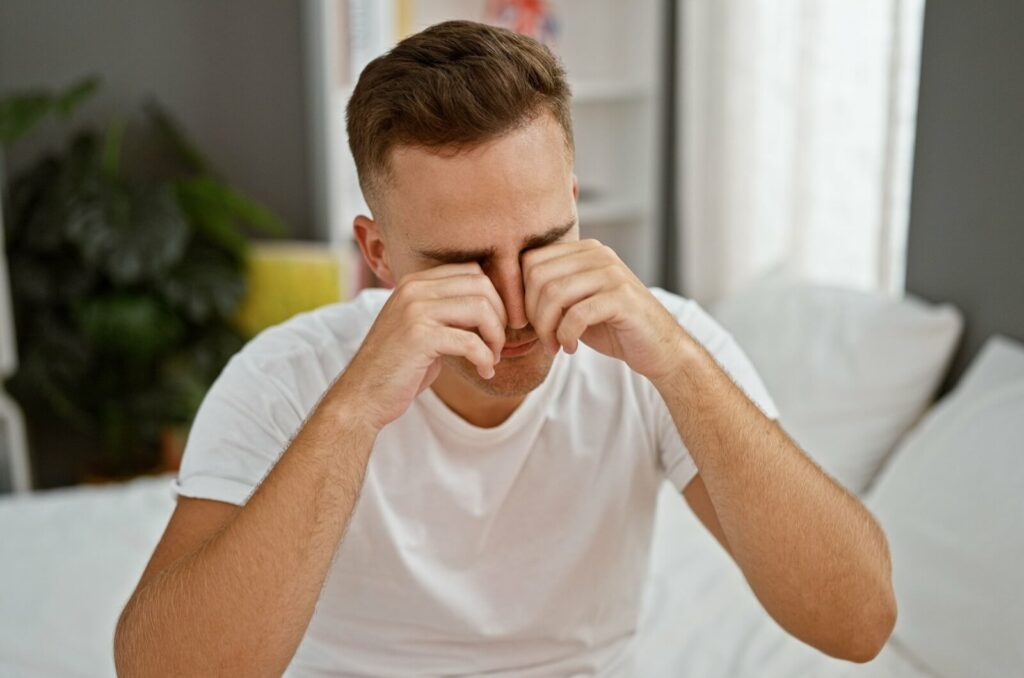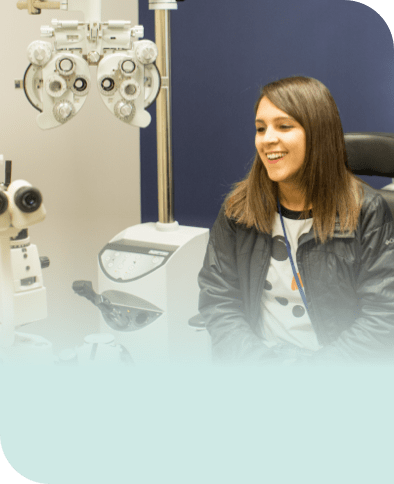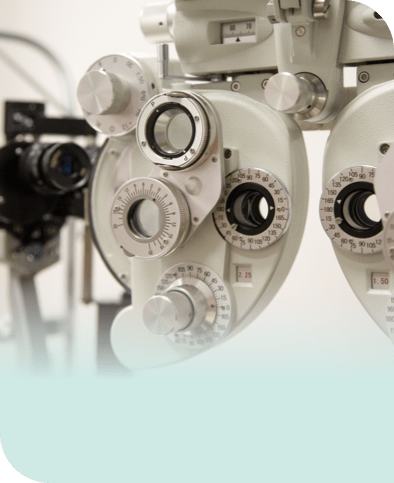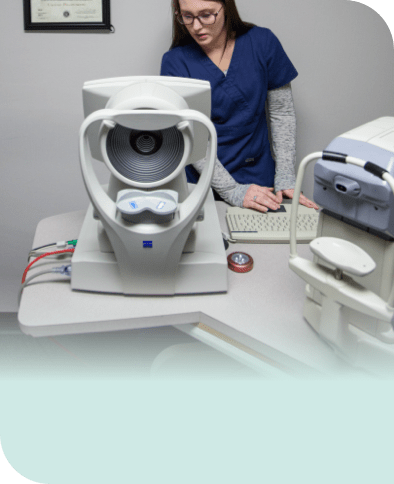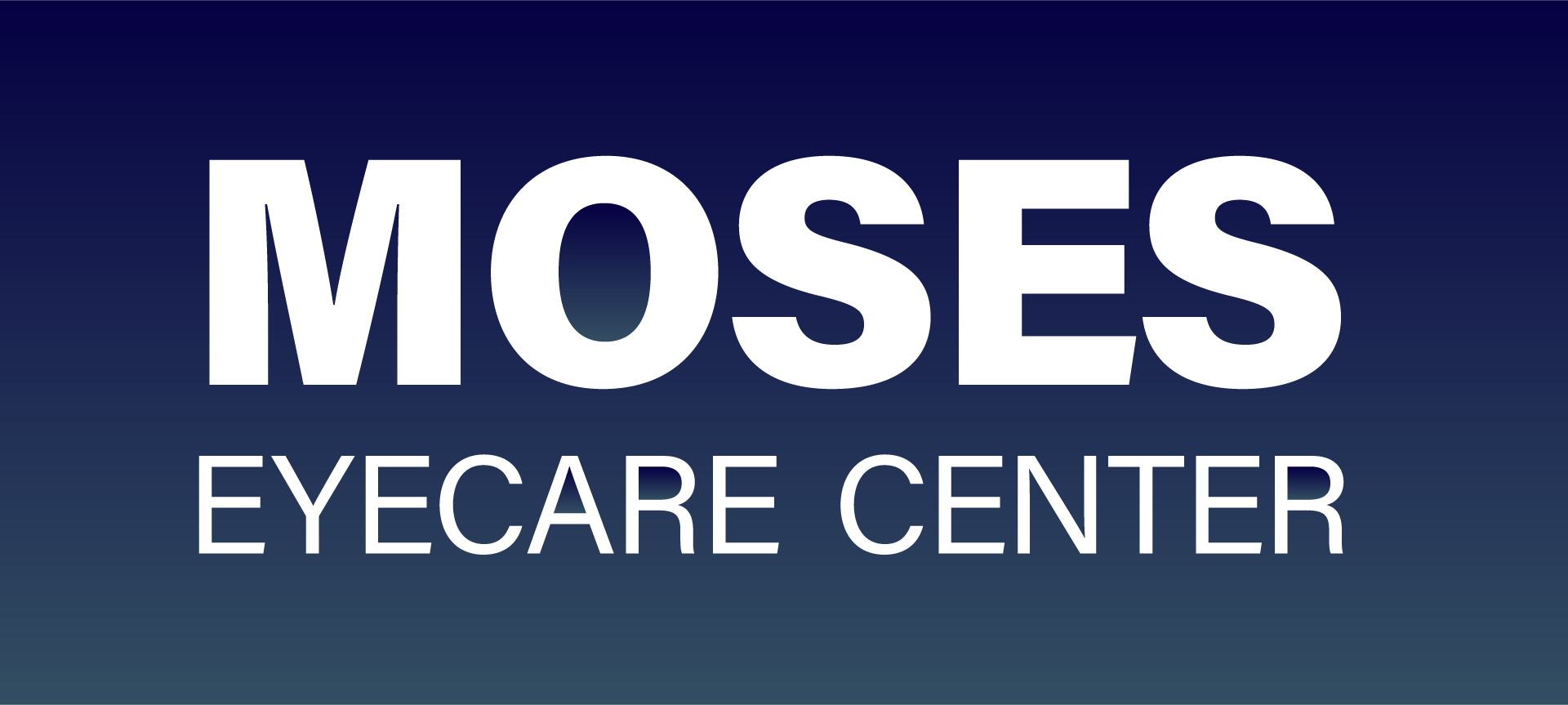The adage about waking up on the wrong side of the bed often refers to a person’s attitude. However, as we get older, we begin to realize how easy it is for a poor night’s sleep to negatively impact our day. Waking up in the morning to dry eyes is one of these situations—it’s irritating, uncomfortable, and it means that you could spend the rest of the day in discomfort.
Having dry eyes first thing in the morning can have several causes—from allergies and medical conditions to poor eye hygiene to sleeping with your eyes open. A comprehensive eye exam from your optometrist can help determine the cause of dry eye, but there are home remedies you can try for quick relief.
What is Dry Eye Syndrome?
Dry eye syndrome is a common condition characterized by insufficient lubrication and moisture on the eye’s surface. It occurs when your eyes don’t produce enough tears or when those tears evaporate too quickly.
Tears are essential for maintaining the health of the front of the eye and for providing clear vision. Without adequate tear production, your eyes can become irritated and inflamed.
Symptoms & Risk Factors
Symptoms of dry eye can vary from person to person, but common ones include:
- Dryness or a burning sensation in the eyes
- Redness and inflammation
- Itchy or irritated eyes
- Excessive tearing (as a response to the dryness)
- Blurred vision or sensitivity to light
- The feeling of having something in the eyes
Certain risk factors can increase the likelihood of developing dry eye syndrome. These include aging, hormonal changes, and medical conditions such as rheumatoid arthritis and diabetes. Additionally, people who wear contact lenses or spend significant time in front of screens are at higher risk.
What Causes Dry Eyes in the Morning?
Morning dry eye can be puzzling, as many of us tend to assume that our eyes should rest and rejuvenate during sleep. However, several factors can contribute to the condition, even when asleep.
Dry Air
Environmental factors, such as dry air, can significantly impact tear evaporation. Sleeping with a fan, air conditioner, or heater running can dry out the air and, consequently, your eyes. This is especially true when indoor heating systems are commonly used during colder months.
Allergies
Allergies can cause itchy and watery eyes and contribute to dry eye symptoms. Pollen, dust, and pet dander can cause inflammation, disrupting tear production or increasing tear evaporation. Managing allergies effectively requires identifying and minimizing exposure to allergens. Over-the-counter antihistamines or prescription medications can help control allergic reactions and reduce the associated eye symptoms.
Dehydration
Dehydration can reduce tear production, leading to dry eyes. If you don’t drink enough water during the day, your body may be unable to maintain adequate tear film. Aim to drink at least eight glasses of water a day. Keeping a water bottle by your bedside can remind you to hydrate before and after sleep.
Contact Lenses
Contact lenses can interfere with tear film distribution across the eye, leading to dryness, particularly if worn overnight. Contacts can also absorb moisture from the eye, exacerbating dryness upon waking. Consider switching to a different brand designed for better moisture retention. Removing contacts before bed and giving your eyes a break can also help reduce morning dryness.
Poor Eye Hygiene
Neglecting eye hygiene can lead to blocked oil glands in the eyelids, which can affect tear film stability and cause morning dryness. Regular cleaning of the eyelids can help maintain healthy tear production.
Sleeping with Your Eyes Open (Nocturnal Lagophthalmos)
Some people unknowingly sleep with their eyes partially open, a condition known as nocturnal lagophthalmos, which can arise due to nerve problems or eyelid malformations. Exposure of the eyes during sleep can increase tear evaporation and dryness by morning.
If you suspect you might not be fully closing your eyes at night, consider having a partner check while you’re asleep. Specialized eye masks or ointments can help keep eyes closed and retain moisture, offering some relief from morning dryness.
Morning Dry Eye Remedies
Alleviating morning dry eye involves a combination of lifestyle changes and targeted treatments. Here are some effective remedies to consider.
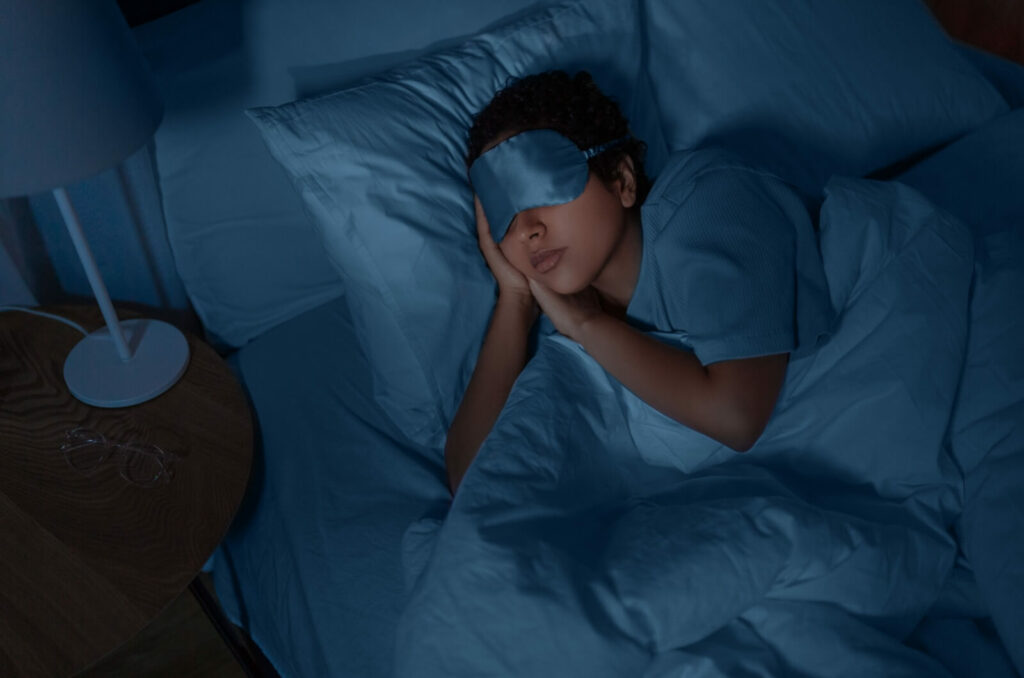
- Ensure your sleeping environment supports eye health by using a humidifier to add moisture to the air and an eye mask to reduce evaporation.
- Establish a consistent eye hygiene routine. Clean your eyelids regularly to prevent blockages and maintain healthy tear film production. A warm compress before bed can also help unclog oil glands and soothe irritation.
- Use artificial tears or lubricating drops to moisturize your eyes before bed and upon waking to provide immediate relief and support long-term eye comfort.
Treatments for Dry Eye Disease
If home remedies aren’t enough, there’s a chance you have dry eye syndrome. Your optometrist can determine this through a comprehensive eye exam. Fortunately, medical treatments are available for dry eye disease. An eye care professional can provide personalized recommendations and access to advanced therapies.
- Prescription medications like corticosteroid eye drops or immunosuppressant drugs can help reduce inflammation and promote tear production. These medications are often used in conjunction with lubricating drops for optimal results.
- In-office procedures, like punctal plugs or amniotic membranes, can offer longer-term solutions for severe dry eye symptoms. These treatments focus on enhancing tear retention or correcting underlying issues with tear production.
Some dietary supplements or lifestyle changes, such as increasing omega-3 fatty acid intake, can complement medical treatments and enhance overall eye health. Combining different approaches can lead to more comprehensive management of dry eye disease.
Wake Up On The Right Side of the Bed
Morning dry eyes can be a frustrating problem. Still, by implementing environmental adjustments, eye hygiene practices, and medical treatments, you can effectively manage morning dry eye symptoms and enhance your quality of life.
Moses Eyecare Center knows dry eye syndrome is a chronic condition requiring ongoing management. Contact us today to learn about the underlying cause of dry eye, and let us help preserve your long-term eye health.


